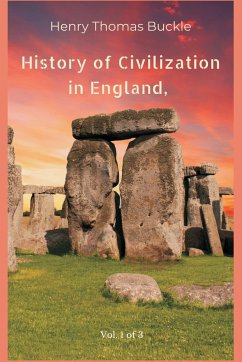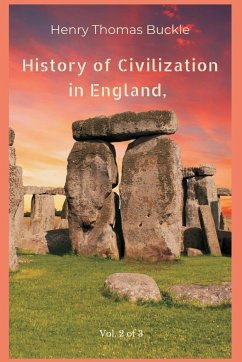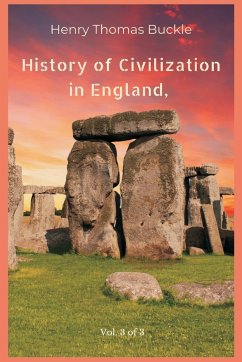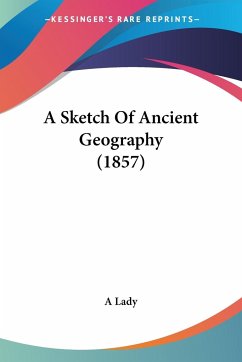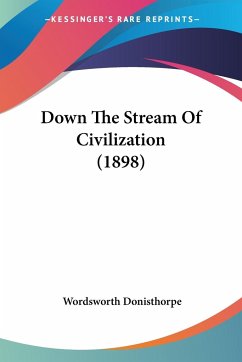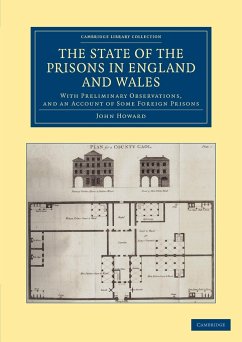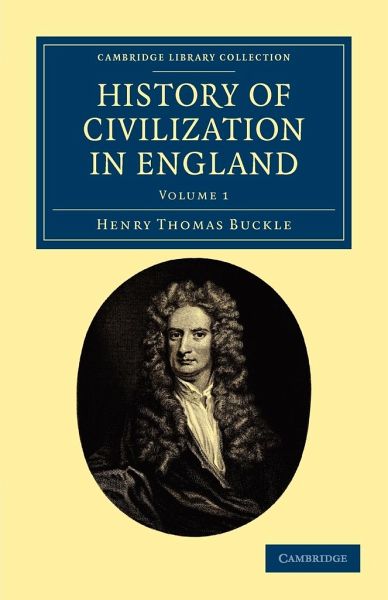
History of Civilization in England - Volume 1
Versandkostenfrei!
Versandfertig in 1-2 Wochen
89,99 €
inkl. MwSt.

PAYBACK Punkte
45 °P sammeln!
English historian Henry Thomas Buckle (1821-62) was born into the family of a wealthy London merchant. A child of delicate health, and tutored privately at home, he never attended university. Nevertheless, it was clear that he was meant for intellectual pursuits and by the age of twenty he was a formidable chess player. With his love of books and reading, he set out on an ambitious plan to write a fourteen-volume history of civilisation, and at the same time to put historical research on a more scientific basis. The work would have included a greater number of countries, but due to his early d...
English historian Henry Thomas Buckle (1821-62) was born into the family of a wealthy London merchant. A child of delicate health, and tutored privately at home, he never attended university. Nevertheless, it was clear that he was meant for intellectual pursuits and by the age of twenty he was a formidable chess player. With his love of books and reading, he set out on an ambitious plan to write a fourteen-volume history of civilisation, and at the same time to put historical research on a more scientific basis. The work would have included a greater number of countries, but due to his early death, only two volumes exist. Published in 1857, this is the first of two volumes that make up Buckle's unfinished history of civilisation. It focuses on England and France, and their intellectual, political, religious and social histories.





